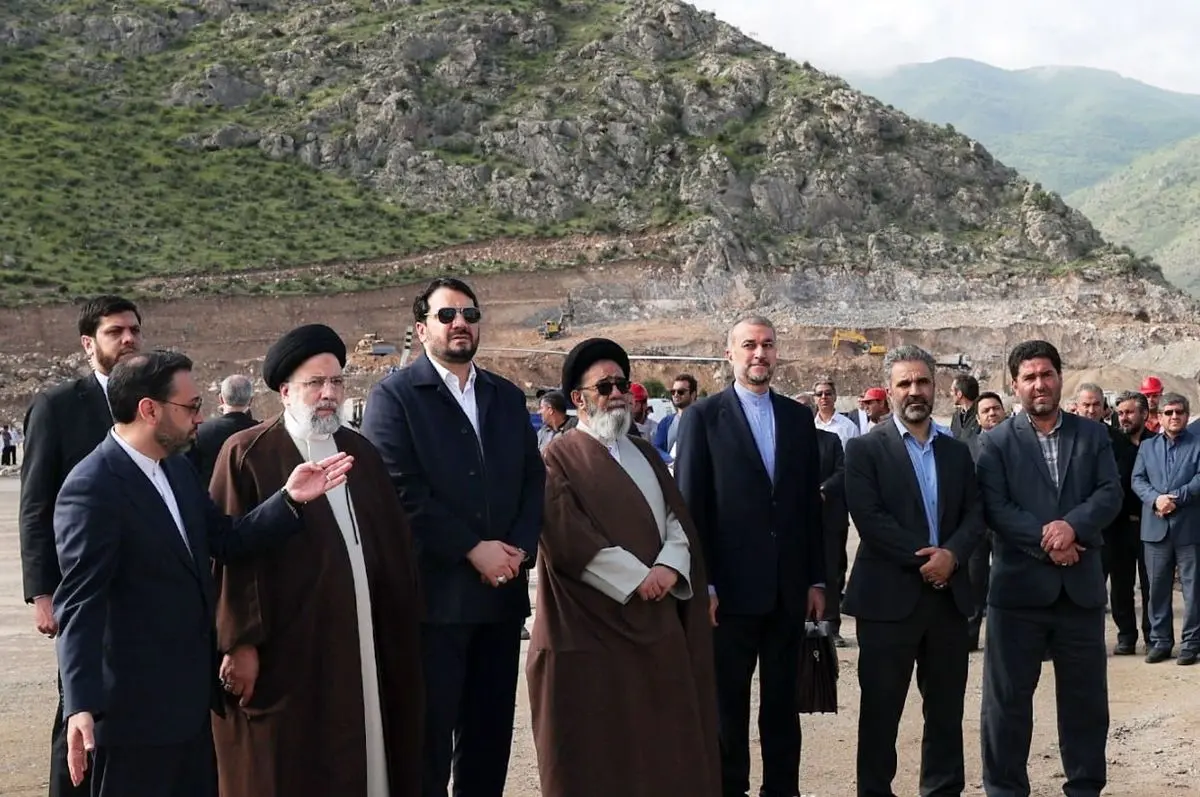SAEDNEWS: Khorasan Daily emphasized that the helicopter crash that killed President Ebrahim Raisi was an accident, rejecting claims of terrorism or sabotage. The newspaper warned that unsubstantiated allegations undermine Iran’s official narrative and serve enemy propaganda.

The conservative Iranian newspaper Khorasan has stressed that the helicopter crash which killed the late President Ayatollah Ebrahim Raisi was an accident, not a terrorist act or sabotage.
According to Khorasan, more than a year has passed since the tragic incident of May 19, 2024, when the helicopter carrying Raisi and his companions went down. The official report of the Armed Forces General Staff, released in September that same year, clarified the dimensions of the accident for the public. Technical evidence, recorded data, flight examinations, and forensic tests all conclusively proved that the hypotheses of technical defect, sabotage, electronic warfare, or terrorist action had no validity.
Nevertheless, the newspaper noted that some individuals have continued to cast doubt. In the latest example, Mr. Sadr, a member of the Expediency Discernment Council, claimed in a program hosted by Mr. Ranjbaran—media adviser to the Foreign Minister—that Raisi was assassinated by the Israeli regime, even alleging that Russia had transferred Iran’s defense information to Israel.
Khorasan added: Such claims, whether raised out of sympathy or political motives, bear no relation to the official findings. Any unsubstantiated doubt regarding the report of the Armed Forces General Staff paves the way for anti-Iranian media to discredit the official narrative. Repeating such allegations perfectly aligns with the enemy’s strategy: to instill weakness and distrust domestically while projecting false power abroad.
The editorial further emphasized that when a domestic figure carelessly throws such statements into public forums, they effectively hand the playing field over to the enemy. The fact that these remarks were made in a program hosted by the Foreign Minister’s media adviser doubles the gravity of the matter. Ranjbaran, as someone whose name and position are now tied to foreign policy, must realize that the promotion of his guests’ remarks can directly affect the country’s external relations.

